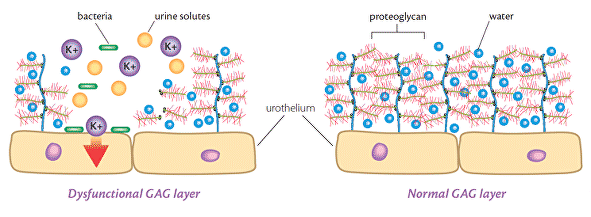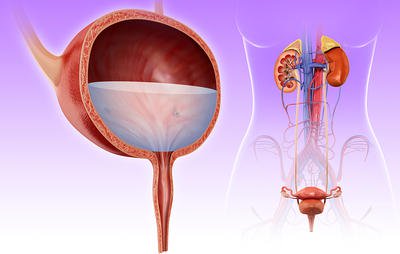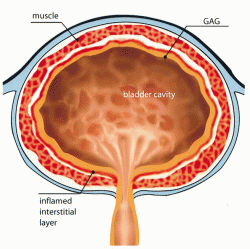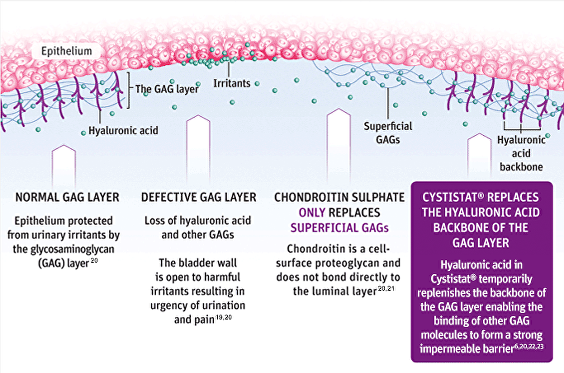Intravesical
Part of the problem with patients with recurrent urinary tract infections is a deficiency in the lining of the bladder which makes them much more susceptible to infections with low levels of bacteria.
Intravesical treatment for recurrent UTIs
Part of the problem with patients with recurrent urinary tract infections is a deficiency in the lining of the bladder which makes them much more susceptible to infections with low levels of bacteria.

A well established treatment now, is a course of bladder instillations which can be performed either by the nurse or by the patient themselves once a week for six weeks, followed by a monthly course for six months.
These are available in many NHS hospitals, covered by insurance companies and are very well tolerated.
Seventy percent of patients with recurrent infections respond well to intravesical treatments with both an increase in bladder comfort and a reduction in infection rates.



Next Steps
Get fast access to leading specialists for the swift diagnosis and treatment of urological conditions in a private clinic environment.
If you would like more information or wish to arrange a consultation with one of our specialist consultant urological surgeons then please either Call 0118 920 7040 or complete the form below.
Insured patients
Contact your GP and ask for a referral to the Urology Partnership.
All consultations, investigations and treatments are covered by major insurance companies (depending on policy).
Funding your own treatment
Self-funding initial consultation fee is £205. Follow up fees are £165.
Consultation charges are exclusive of any tests and other investigations that the consultant may wish to carry out.
